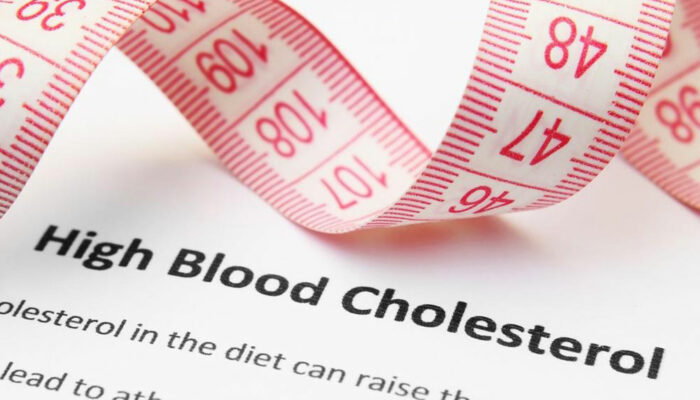
The causes and symptoms of herpes
Herpes is an infectious and highly contagious viral disease caused by the herpes simplex virus (HSV). Herpes can affect several parts of the body but more often causes an infection in the mouth and genitals. It commonly spreads with skin-to-skin contact, by touching the infected area, through kissing, or through unprotected sex. A herpes virus infection and replication results in the death of skin cells, which then form the characteristic blisters on the mouth or genitals.
Types
There are two types of HSV infections:
- HSV-1 : It is known as oral herpes and causes sore formation around the mouth.
- HSV-2 : Also known as genital herpes, it causes blisters and itching on the genitals and spreads via sexual transmission.
Symptoms
The symptoms of herpes are similar to the flu such as a headache, weakness, loss of appetite, swelling in the lymph nodes, and fever.
Causes
The herpes virus can enter the body through the skin to reach the nervous system. When the virus becomes active, it can cause sore formation and blisters. The mouth and genitals are affected depending on the type of HSV. However, in certain cases, the eyes and neck also get affected. Some of the causes or risk factors of herpes are as listed:
- Immunosuppression : Suppression of immunity can put you at a greater risk of developing HSV. Moreover, individuals with suppressed immunity develop a severe and chronic HSV infection. Some of the common causes of a suppressed immunity are autoimmune disorders, HIV, chemotherapy, and drugs given to suppress the immunity during organ transplantation. In some cases, immunosuppression can also reactivate the HSV-1 or HSV-2 virus.
- HIV : Infection with HIV severely weakens the body immunity and makes a person more prone to develop herpes.
- IgA deficiency : IgA is an antibody secreted by the body to protect the mucous membranes. It plays a crucial role in providing the body with immunity; a deficiency of IgA makes a person more vulnerable to herpes infections.
- Sexual transmission : Unprotected sex with an affected individual can lead to HSV-2. Having multiple sex partners can increase your chances of herpes. Kissing an infected person can result in HSV-1 infection. HSV-1 can also get transmitted through unprotected sex, but it is not common.
- Sharing items : HSV is contagious, and it can be transferred by sharing commonly used items such as toothbrushes, towels, and cups. Sharing cosmetics such as lipsticks, lip balm, and lip gloss can also be responsible for the spread of the virus.
- Skin contact : A type of herpes called herpes gladiatorum, which is caused by HSV-1, is more common in wrestlers and is spread through direct contact with affected skin. It causes the formation of sores on the face, neck, and head.
Herpes infections are caused by two highly contagious viruses: HSV-1 and HSV-2. They affect different parts of the body, and their infections are characterized by the formation of sores on the mouth and genitals. One can prevent the spread of herpes by avoiding unprotected sex and contact with affected skin.



